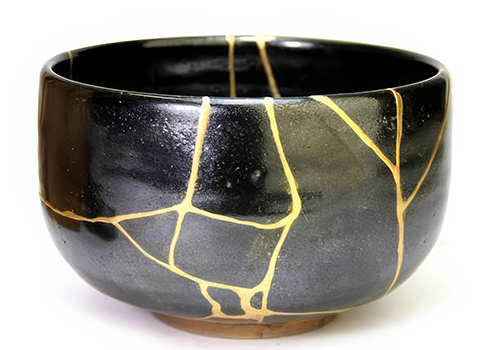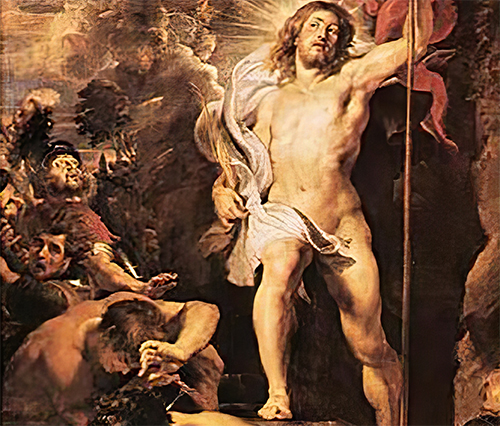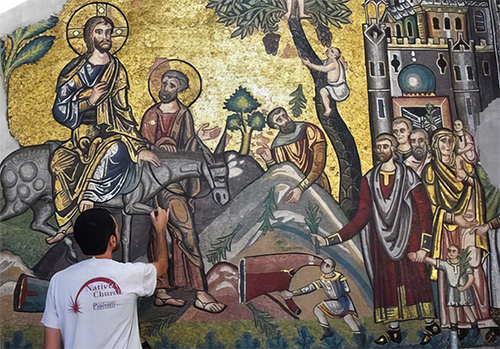
On national television (TV1), a programme titled “The Repair Shop” is being shown.
Each episode follows professional craftspeople from around the UK who restore family heirlooms with sentimental value for their owners.
Heirlooms are found mostly through social media, and their owners are not charged for the restorations.
One such tradesperson is Kirsty Ramsey. She is a renowned ceramics expert.
People who have brought their family treasures and valuables to Kirsty for repair are astounded that they cannot see the repair.
It is as if the object had never been broken.
“Kintsugi” is the Japanese art of putting broken pottery pieces back together with gold.
The process highlights cracks and repairs events in the life of an object, rather than allowing its service to end at the time of its damage or breakage.
Not only is there no attempt to hide the damage, but the repair is illuminated.
The vicissitudes of existence over time, to which all humans are susceptible, could not be clearer than in the breaks, knocks, and shattering to which ceramic ware is also subject.
Kintsugi is the general concept of highlighting or emphasizing imperfections.
It visualises mends and seams as additives, an area to celebrate or focus on rather than absence or missing pieces.
The Japanese artist Makoto Fujimara, notes “the kintsugi bowl is far more valuable than it was before it was broken.”

The Sunday immediately after Easter is known as Divine Mercy Sunday; might this Sunday have a by-line, ‘Mended in Gold Sunday’?
At the heart of being redeemed in Christ is “being mended in gold”, and as a result being more valuable!
The painting recounts Thomas’s encounter with the wound of Christ. A powerful image I suggest of being “mended in gold”.




